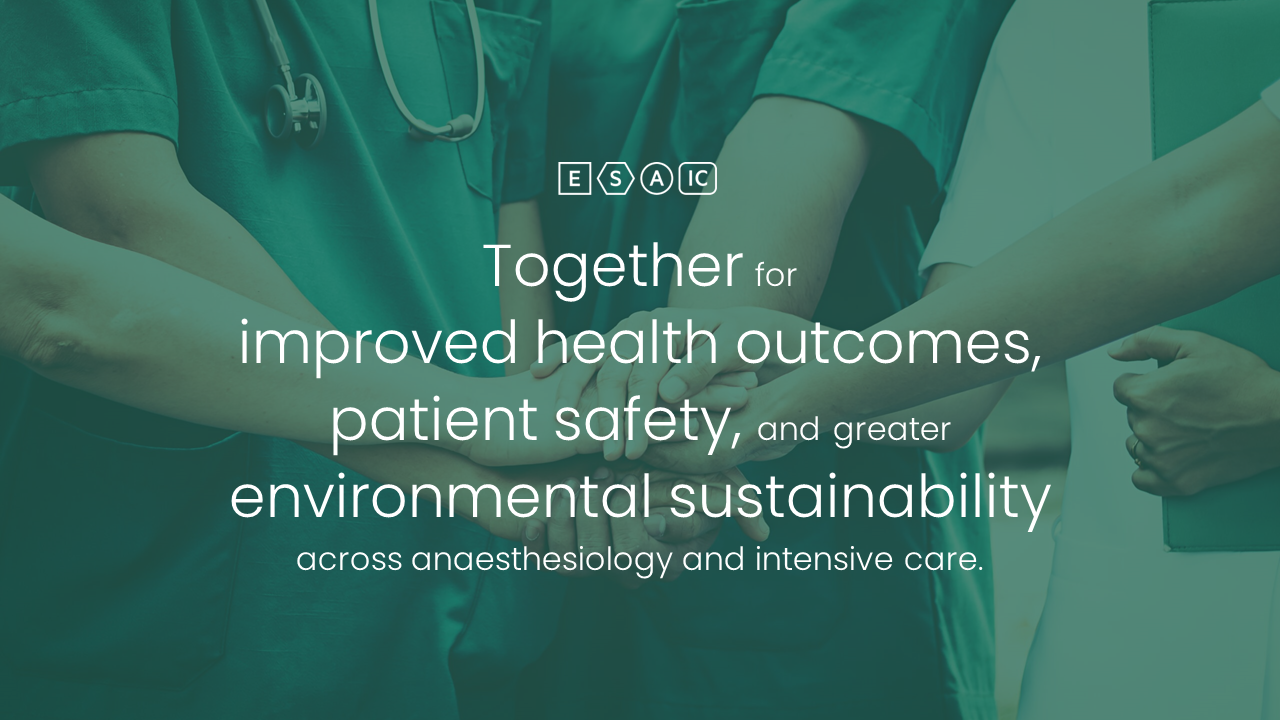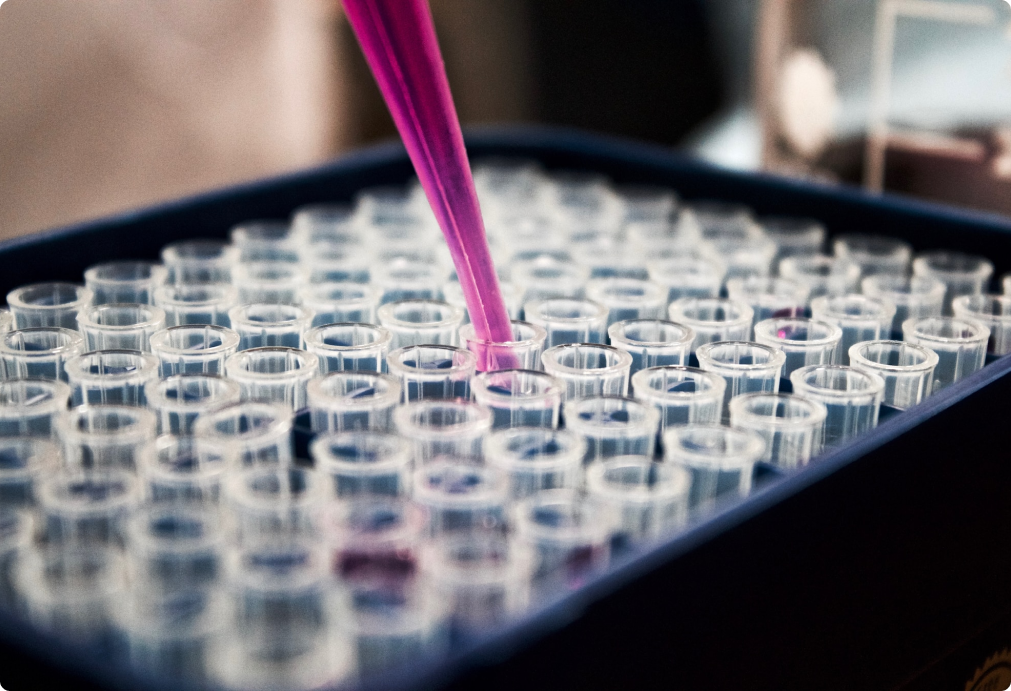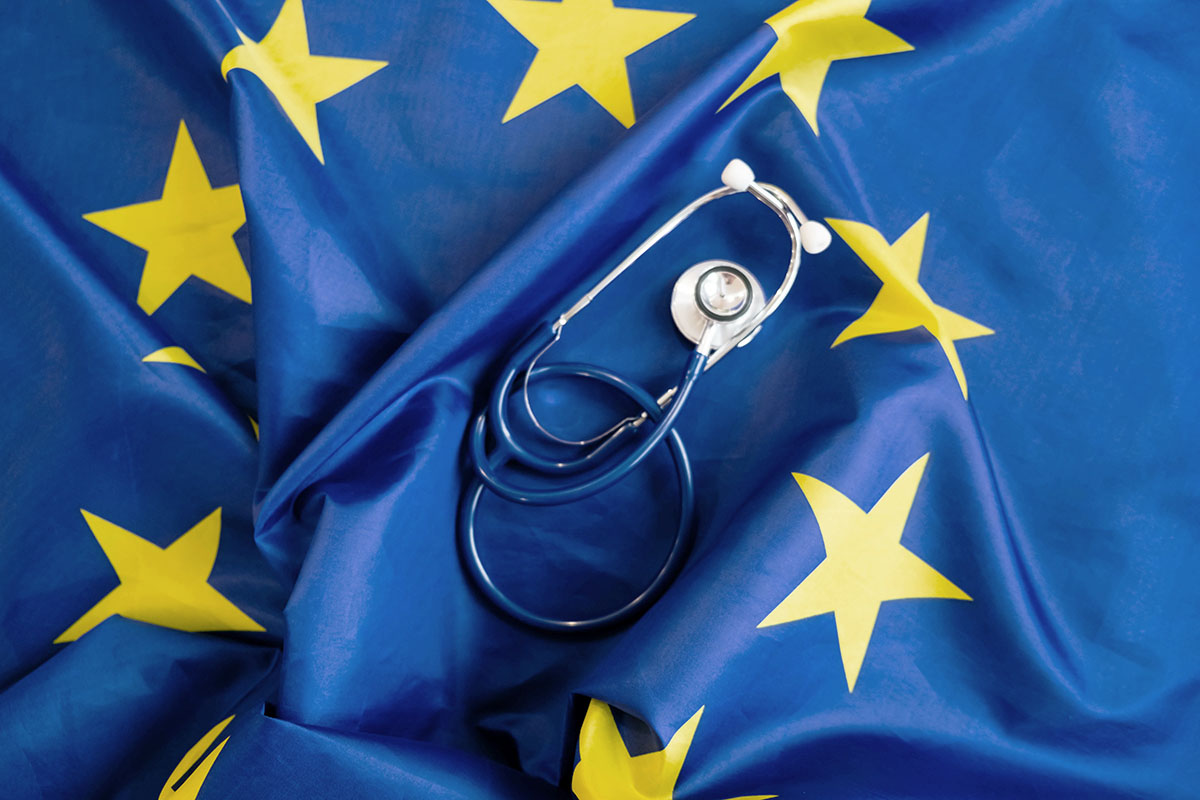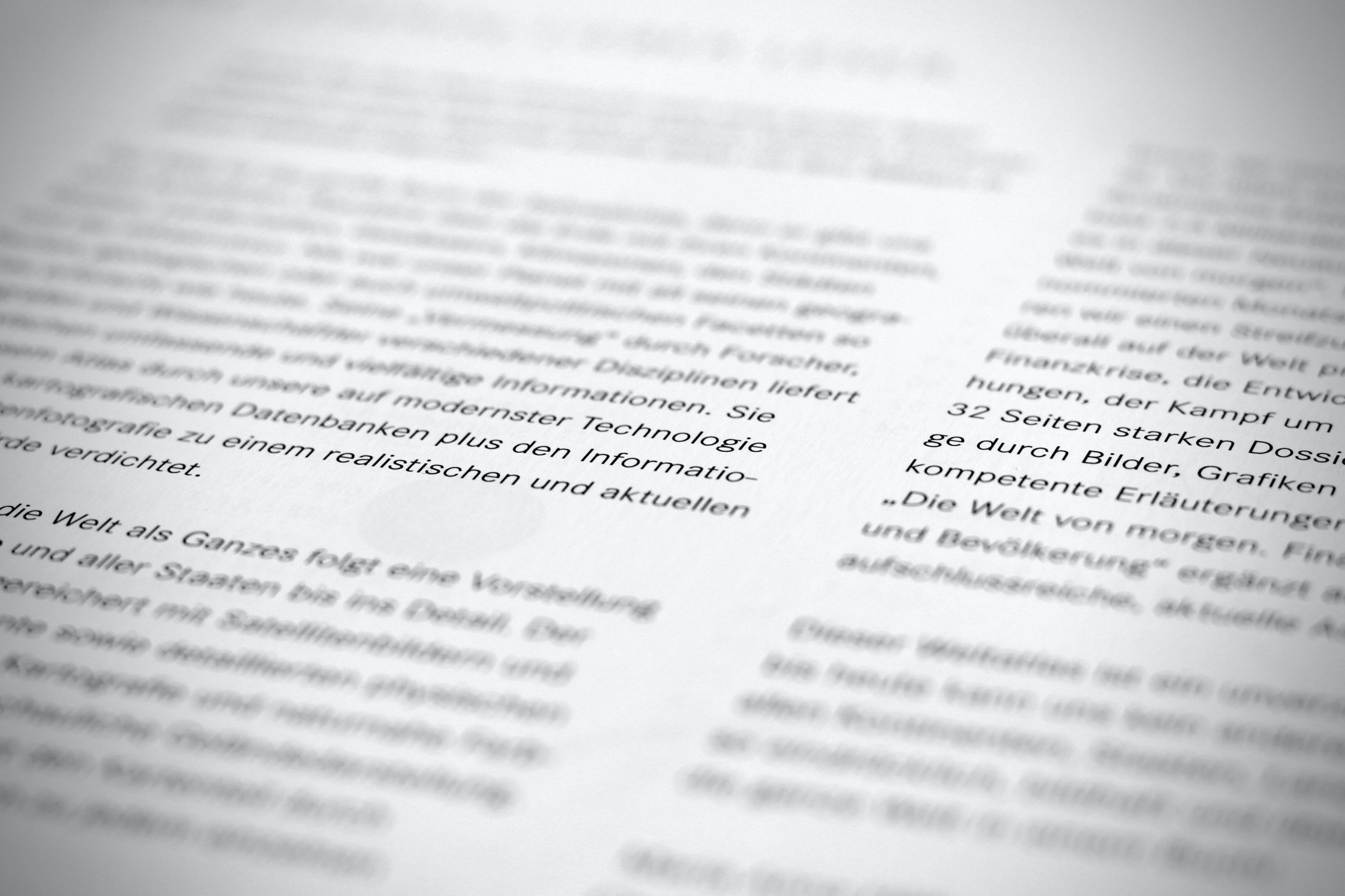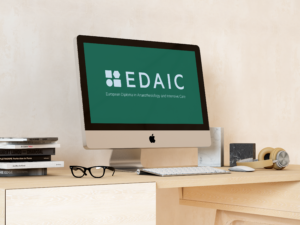Newsletter 2022
Newsletter July 2022: Multi-Level Team Based Research in Anaesthesia: Medical Students Perspective and Experience
Marcelino Murillo MD, Ricardo Salamanca Parra (Medical Student), Sebastian Amaya MD, María José Andrade (Medical Student), Maria Alejandra Zuñiga (Medical Student), Laura Aponte Camacho (Medical Student), María Isabel Daza Morelli (Medical Student)
rsalamancap@unbosque.edu.co
As science is a subject to constant change, medical research plays an important role in technological, social, diagnostic and therapeutic advances (1). All of the above allows objective decisions to be made, aimed at the maximum benefit of each patient in any population with evidence-based medicine. For these reasons, medical research must be a fairly rigorous process, guaranteeing precision, and requiring exhaustive preparation, teamwork and consequent experience, so that quality medical literature can be built (1).
Medical advancements rely on high quality researchers, however a researcher is not born, but can be trained from very early on; arguably the best time to start is in the first years of medical training (1). Medical students from early on are introduced to evidence based medicine, and receive emphasis on the fundamental pillars in the process of building scientific knowledge. However, in countries with medium and low resources, such as Colombia, there are few researchers compared to the United States (3). This is due to several factors, the main one being that research is not a well-paid career, followed by the academic load that exists in medical school leads to a significant time constraint in two thirds (67.7%) of cases, difficulties finding a tutor or specialist for the projects in 21.2% of cases, and the simple lack of information on how to become involved in research, among other obstacles (3, 4). Another reason for this is that many students do not feel prepared enough to take on these roles or do not understand the importance of being selected to carry out an investigation project.
Acquiring research skills can prove to be a useful tool within the medical student’s arsenal, as it allows for the development of critical thinking, as well as the generation of plausible research questions that can further advance our collective knowledge. The student can obtain skills such as writing, proper techniques for search and retrieval of valid information using the various medical databases, and a deeper understanding of the topic they may be researching (3). Acquisition of research capabilities is a fundamental part of medical training, and also extends benefits to the student, allowing them to create an outstanding academic profile, helping build a successful professional path.
Likewise, participation in the production of scientific literature opens up many opportunities for medical students, such as the possibility of publishing in peer-reviewed journals, developing their research profile, speaking at conferences, creating a professional and academic network, but even more importantly, the accumulation of experience and knowledge, which will serve as tools for decision-making, and comprehensive patient care.
It should also be considered that not many faculties of medicine have in their curriculum an assignment for students to develop research papers nor have the infrastructure needed for a high volume of investigation since this can be expensive and the end results are not always published. Apart from that, medical students find it hard to fit an investigational skill to their schedule for many reasons, especially the time management, since the rotations in Colombia can be quite demanding aside from the other subjects they have to learn throughout their career. Nonetheless, students who recognise that the experience that comes with research can improve their job opportunities, as well as increase their critical thinking skills, and use the knowledge gained through information retrieval in the practical field. On the other hand, the role of an investigative tutor is crucial to promote research and ensure that students understand the many facets of research such as financing and project design, ethical approval, data collection and analysis, and so on (4).
Taking into account the organisation and hierarchy that is handled in research between specialists, residents, medical students, and all other contributors, we would like to highlight the dynamics that we handle within our interest and research group, and explain the great benefit of the multilevel team based research strategy. In our anaesthesiology and critical care interest group we seek academic and professional growth, which is why we always enlist the guidance of professionals, whether that be a resident or fellow in training, or an already established attending physician.
Initially, this link and direct communication between the specialists is essential to guide the search and scientific production through their experience and knowledge. The contact and support provided by the residents is valuable, since through them you can have access to a direct academic experience in the foreground; therefore, allowing for a greater scope into different tentative clinical cases as well as new topics with little scientific evidence (5).
Regarding the relationship between each of the levels, it is important to highlight the responsibilities that each one has. The medical students are the authors who will be in charge of carrying out the main data search as well as the creation of drafts, followed by the importance and support of both residents and specialists since they are a fundamental pillar in the review process and arrangement of details as a research product is being created (6). That is the reason why we believe that encouraging medical students to develop investigative skills can help the experienced researchers to create and publish an even more significant number of articles and have important feedback from people who are not yet graduated, and who can help ensure the information is suitable for a larger audience and not only specialists or resident
References
- Mass-Hernández L, Acevedo-Aguilar L, Lozada-Martínez I et al. 2022;74:103280.
- Oliveira C, de Souza R, Abe É, Silva Móz L et al. BMC Medical Education. 2014;14(1).
- F, Shakir M, Qayyum M. PLoS Medicine. 2005;2(11):e322.
- Murdoch-Eaton D, Drewery S, Elton S et al. Medical Teacher. 2010;32(3):e152.
- Acuña Cordero, R. (2014). Revista med, 2014; 2: 92
- Sánchez-Duque, J. A., Gómez-González, J. F., Rodríguez-Morales, A. J. Investigación en educación médica, 2017; 6: 104.
[maxbutton id=”1″ url=”https://www.esaic.org/newsletter/” text=”Read the Newsletter” ]
